Published: October 15, 2023 | 7 mins read
5 Foods in Your Pantry That Lead to Kidney Stones
There are many possible causes of kidney stones. Some of the silent culprits could be right on your shelves. If you’re like most people, you buy food and ingredients and are likely unaware of the impact these items may have on kidney stone formation.
Calcium oxalate stones are the world’s most common type of kidney stone. They are directly linked to what we eat. In particular, foods that contain the plant defense chemical oxalate are the worst offenders when it comes to causing kidney stones in people who form stones.
When you eat foods containing oxalates, their particles end up in your kidney and bind with calcium like a magnet. We say magnet because oxalate has a negative charge, while calcium’s charge is positive. These two elements crystallize and form kidney stones of varying sizes with enough time and enough of these particles in your urine.
For people who form kidney stones, it is generally advised that they follow a low oxalate diet. Low oxalate means less than 50mg of oxalate per day. For many, this is no easy task!
This article highlights five common foods in your pantry that could lead you to exceed your daily oxalate intake limit.
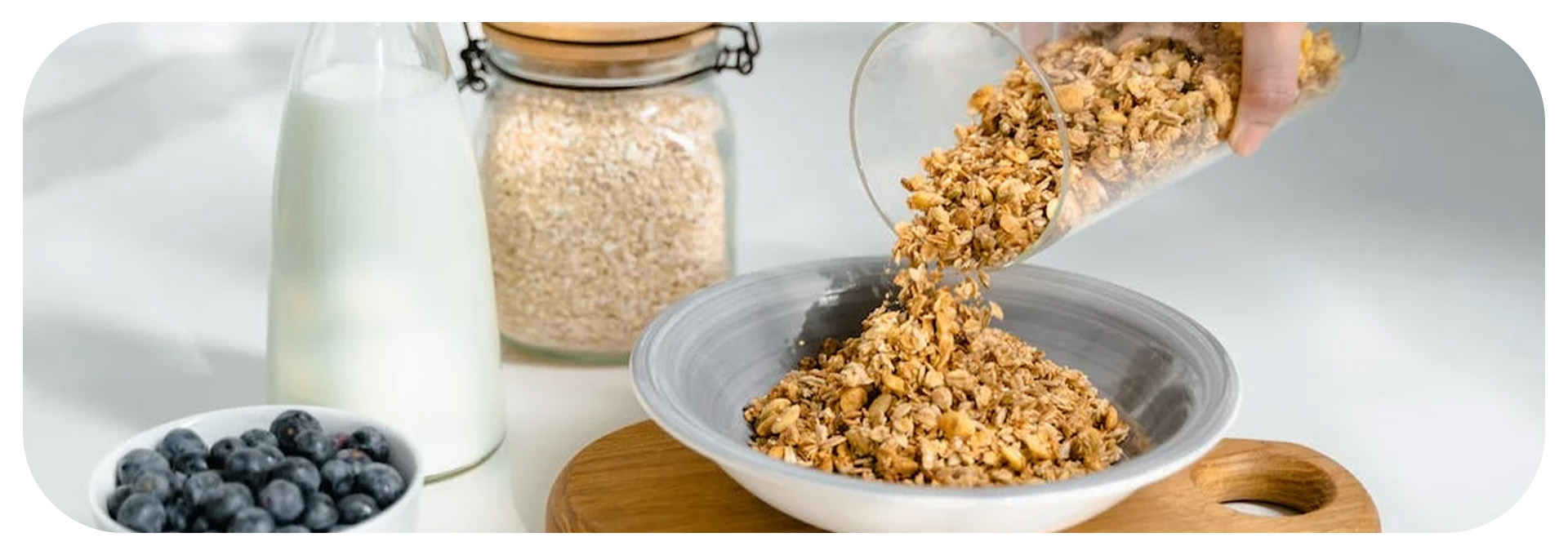
GRANOLA
Most people are familiar with granola. It’s been a part of American life since the late 19th century. Especially for hikers and campers, granola is a ready-to-go staple. It is also famous for breakfast, snacks, and as an ingredient in baked goods, yogurt, and desserts.
Although not every American likes it, roughly 165 million Americans consumed “nutritional” snacks, including granola, in 2020. But the problem is, is it as nutritious as most think?
What Is Granola Made Of?
The components of granola can vary, and there isn’t a standard mixture. However, most granola contains a variety of whole oats, nuts, seeds, and dried fruits. Unfortunately for people who suffer from kidney stones, all these ingredients are relatively high in the plant defense chemical called oxalate we mentioned above.
Here’s an outline of what the ingredients in granola contain in terms of oxalate:
- Oats: 10-25mg per 1/2 cup
- Almonds: 122mg per oz oxalates
- Cashews: 49mg per oz
- Hazelnuts: 63mg per oz
- Pumpkin & Sunflower Seeds: 5-10mg per 1/4 cup
- Dried Cranberries: 5-10mg per 1/2 cup
Granola is also packed with carbohydrates and sugar. High levels of sugar intake are associated with metabolic disorders that also increase the risk of kidney stones. Most of this sugar could be from natural sources like honey, maple syrup, molasses, and nectar. On the not-so-natural side, look for ingredients such as anhydrous dextrose, corn syrup solids, dextrose, fructose, high-fructose corn syrup (HFCS), lactose, malt syrup, maltose, and sucrose, among others. If you find these names on the ingredients list, surely, you know they are all sugars.
If you suffer from kidney stones and love granola, it’s time to find a lower oxalate alternative!
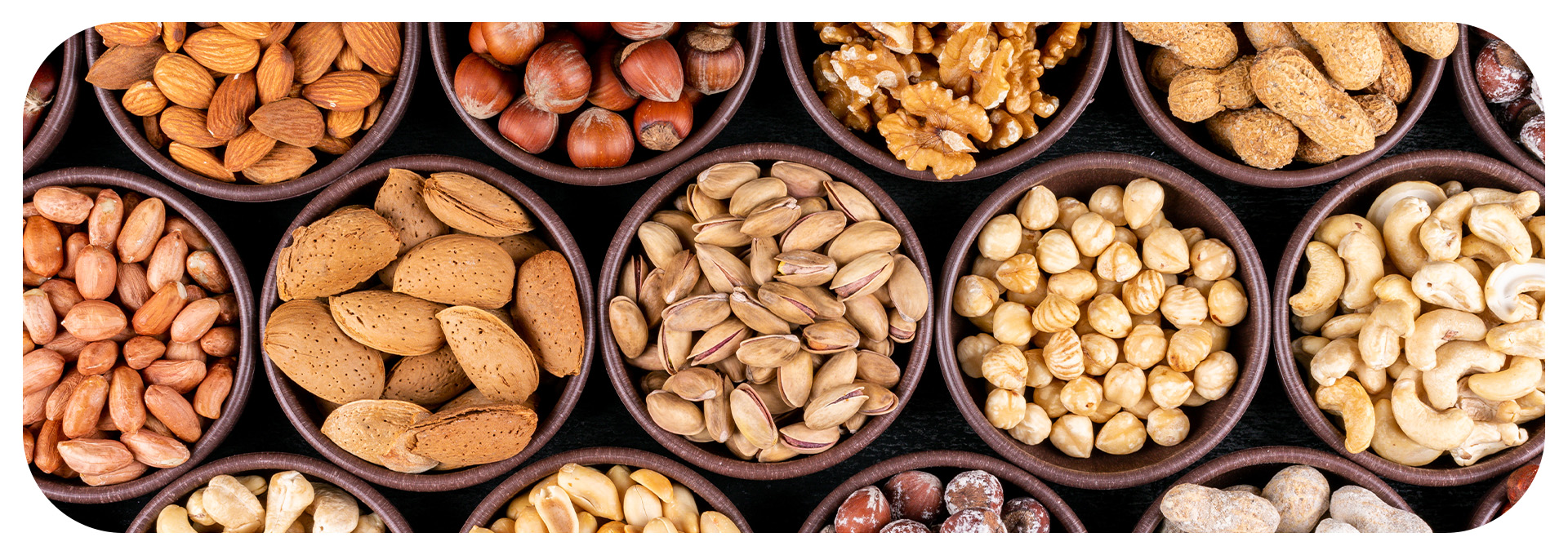
NUTS AND MIXED NUTS
I hold no grudge against nuts. Of course, some of them are very tasty! But oxalates are abundant in every kind of nut. Here is a list of nuts with the highest amount of oxalates:
- Almonds: 122mg/oz. or 22 nuts
- Cashews: 49mg/oz. or 18 nuts
- Walnuts: 31mg/oz or 7 nuts
- Pistachios: 14mg/oz. or 48 nuts
- Pecans: 10mg/oz. or 15 halves
According to 2020 statistics, around 111 million Americans consumed almonds, 87 million used mixed nuts, and 83 million consumed cashews. Likewise, roughly 74 million consumed walnuts, 62 million used pecans, and 55 million consumed pistachios.
As tasty as they can be, nuts are best avoided if you suffer from kidney stones.
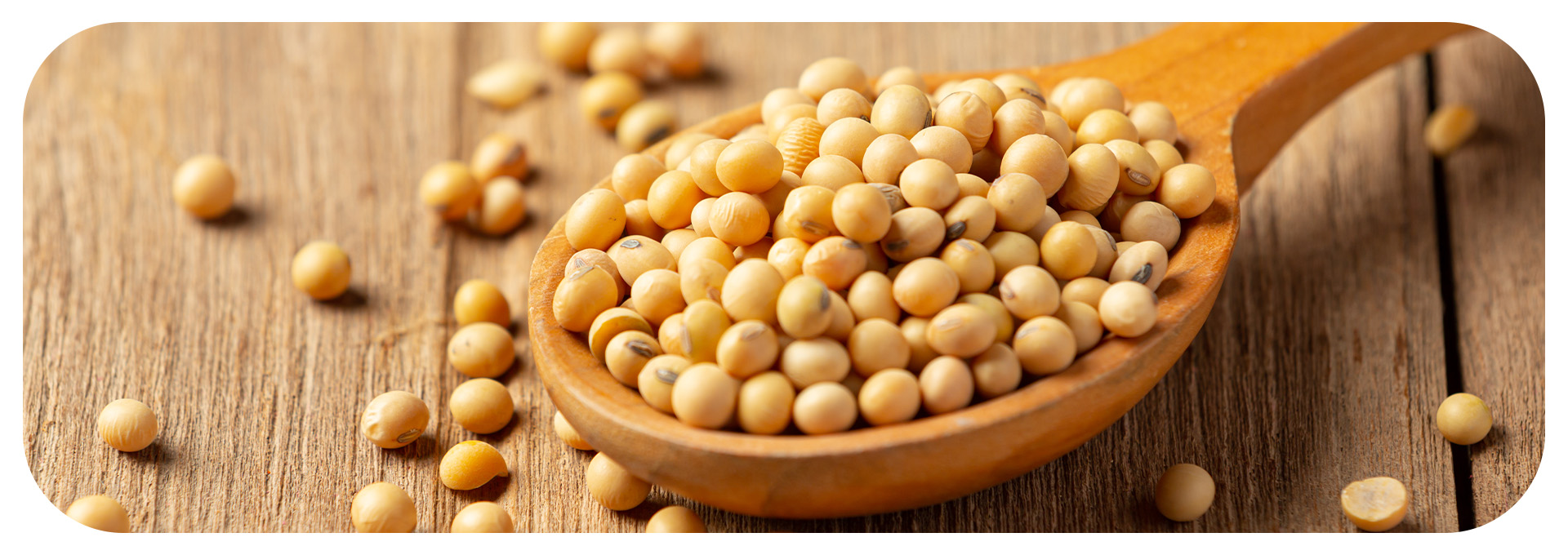
SOY PRODUCTS
In recent decades, plant-based protein sources, such as soy, have become increasingly popular in the United States. Statistics show that around 14% of American consumers follow a meat-free diet. Tofu and tempeh are among the oldest forms of soy-based meat alternatives. Still, new soy-based meat substitutes are becoming more available in the market.
The U.S. produced an estimated 4.4 billion bushels of soybean in 2021, around 200 million bushels more than the previous year. Since 2012-2013, the United States and Brazil have been the leading producers of soybeans worldwide.
As I’ve mentioned earlier, this increasing production trend is due to people’s increasing consumption. In the U.S. alone, statistics show that roughly 3 million Americans consumed five or more packages of tofu per month in 2020. That’s a lot of soy!
Sadly, many people are unaware of how unhealthy soy is. Raw soybeans contain very high levels of oxalates, from 0.67 to 3.5 g/100 g of dry weight. Here’s a list of some of the most common soy products and their oxalate content:
- Chocolate soy milk: 100mg+ per 1 cup serving
- Latte with soy milk: 75-100mg per 1 cup serving
- Soy burger: 99mg per 2.5 oz serving
- Soy protein: 99mg per 1oz serving
- Soy cheese: 10-25mg per 1oz serving
- Tofu: 25mg per 1/4 cup serving
- Soy sauce: 10mg per TBS
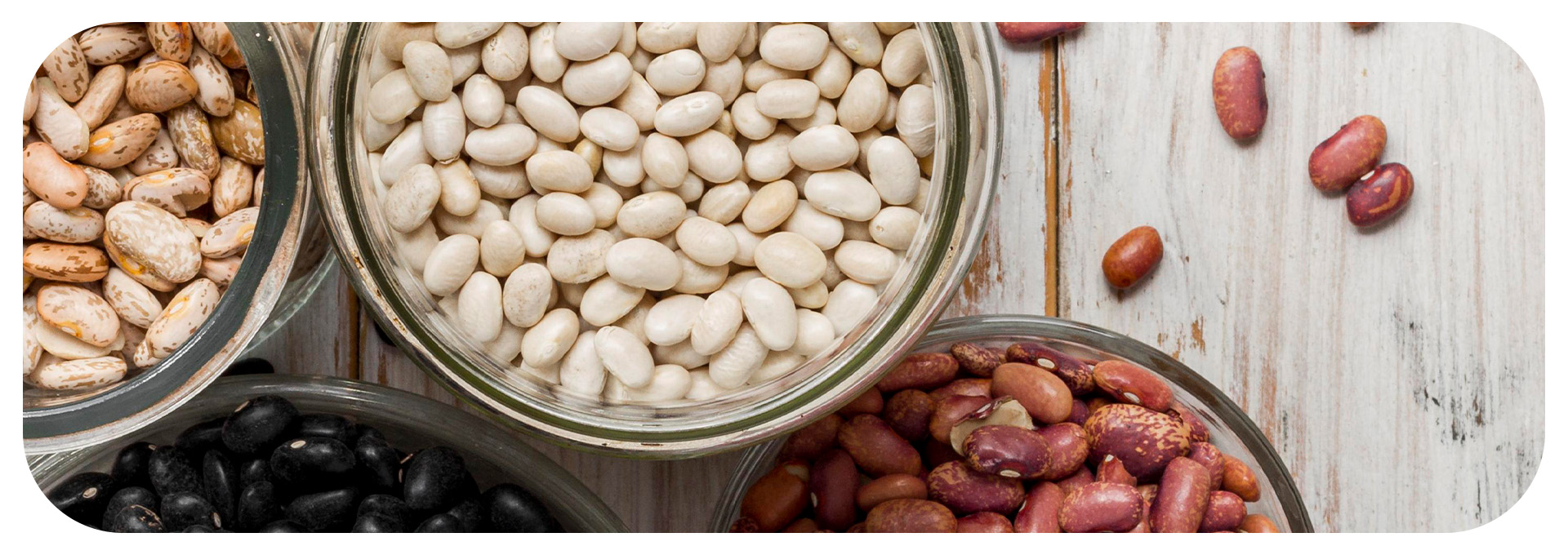
BEANS
Americans consume a lot of beans. For example, we use beans in soups, salads, and even eat them straight out of the can. As of 2016, the average American consumes around 6.8 pounds of beans yearly.
Unfortunately for you bean lovers out there, they are high in oxalate. Here’s an oxalate content breakdown of the most popular beans:
- Navy beans: 76 mg per 1/4 cup serving
- Great Northern beans (boiled): 75mg per 1/4 cup serving
- Black beans (boiled): 72mg per 1/4 cup serving
- Kidney beans: 15mg per 1/2 cup serving
- Pinto beans (boiled): 20mg per 1/4 cup serving
So, if you want to prevent kidney stones, it’s time to cut beans out of your diet. But, of course, your friends and family will likely thank you for other reasons too! They are the musical fruit, after all.
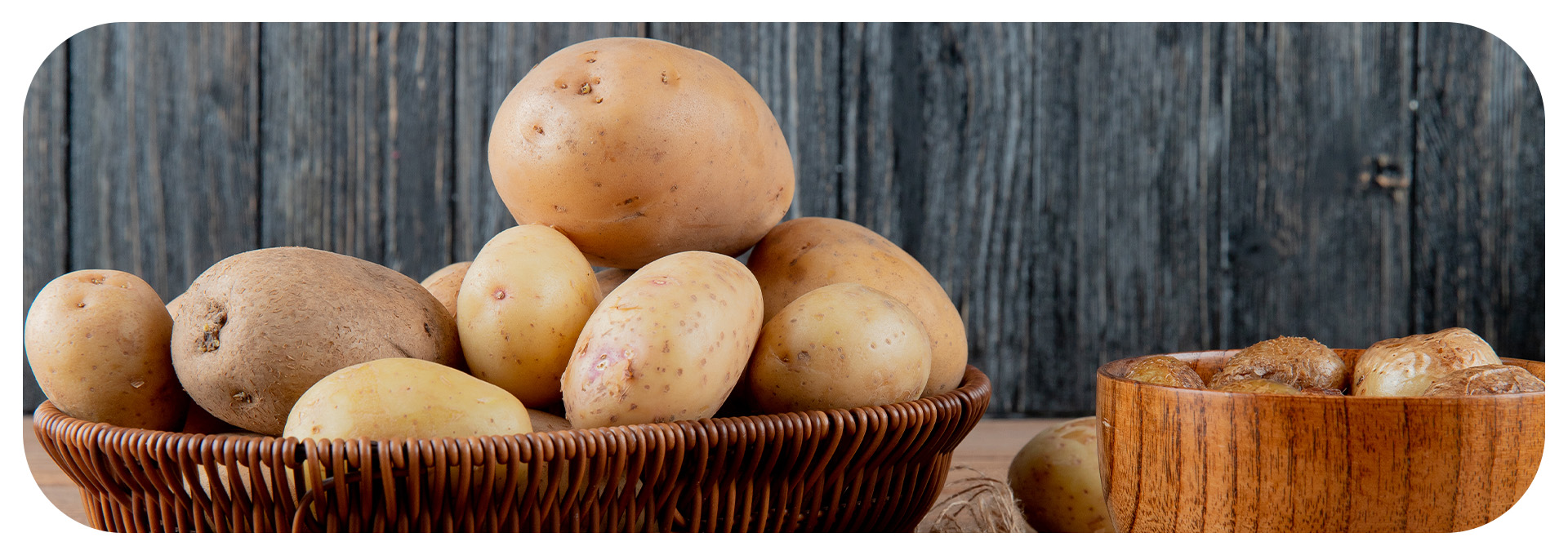
POTATOES
Who doesn’t love hot crispy french fries or a nice crunchy potato chip? Better yet, how about mashed potatoes? YUM!
The average individual in the U.S. alone consumes 29.3 pounds of potatoes yearly as of 2021. And this makes sense! The United States is the fifth largest producer of potatoes worldwide, with a production volume of almost 19 million metric tons.
However, potatoes have a dark secret. They are packed full of oxalates and are a significant contributor to kidney stones in the United States. Terrible news, right?
To give you an idea of how bad it is, a cup of your favorite mashed potatoes usually contains around 129mg of oxalates. In potato terms, one medium size baked potato with skin has about 97mg of oxalates. Also, your homemade french fries and those from fast food restaurants may have as high as 51 mg of oxalates per 1/2 cup (4oz.).
But hang on, even more bad news is coming. Those finger-licking good potato chips contain around 21mg of oxalates per 1oz (roughly 6-10 chips). How about potato salad? Very similar, with about 25mg of oxalate per 1/2 cup serving.
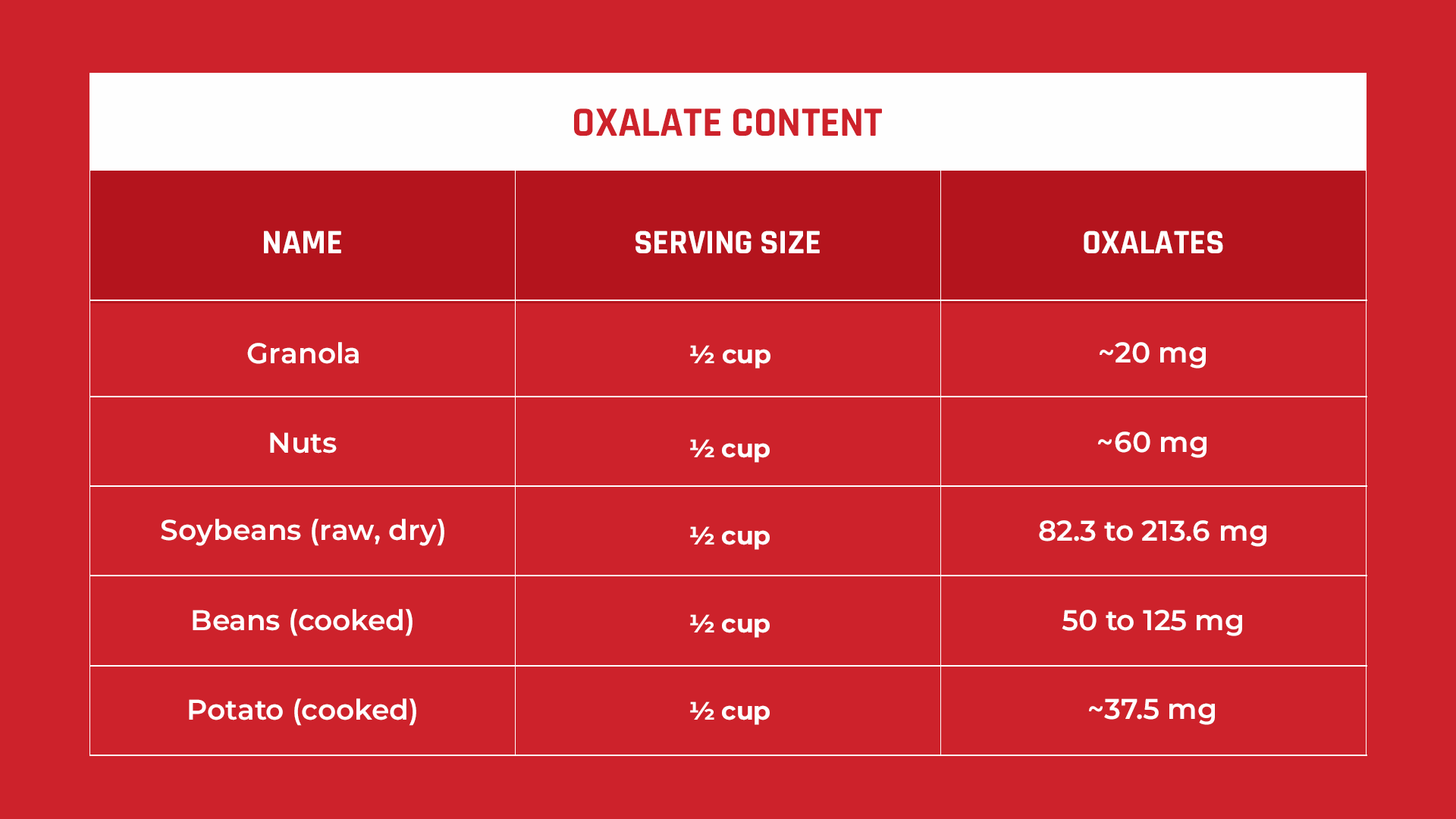
Unfortunately, many other foods that contribute to kidney stones are likely hiding in your kitchen too. Stay tuned because we will tackle more common offenders in future articles.
In the meantime, you can Click Here to download our Oxalate Content in Food Guide to give you a high-level overview of some of the foods we may be discussing in the future.




Hi
I feel soaking overnight legumes, nuts like almonds (removing skin in the morning), walnuts, beans (boiled and water should be drained with white froth) takes care of the oxalates problem. Please let me know your thoughts as I have been doing it and seeing after eating soaked legumes, lentils and nuts they do not cause discomfort.
Hi! Consuming oxalate-rich foods this way is not guaranteed that it will not cause kidney stones in the long run, although it will likely reduce their oxalate content to some extent. ????
Thanks for this. Please I want to know, does the kidney stones gets dissolved, after taking the stone relief and following all the dietary recommendations. Are the stones a reoccurring problem or once treatment is done you will be ok?
Hey Richard, great question! So, only weak density stones have the ability to dissolve. Dietary changes are more about prevention. So, you can use a product like our CLEANSE to help you get through a stone. Then, dietary changes can be used to prevent future stones. Does that make sense?
Thank you! I had thought walnuts weren’t so bad but will cut them out now. Don’t eat any of the others. Very helpful data.
You’re welcome, Christopher! Yeah, sometimes we don’t realize how certain foods can affect us. Good call on cutting out the walnuts????
Stay healthy and happy! ????????
This is very helpful. Pity about the potatoes! ????
We’re glad you found it helpful, Diane! Yeah, it’s a bummer about those potatoes. Most people struggle with this 🙂